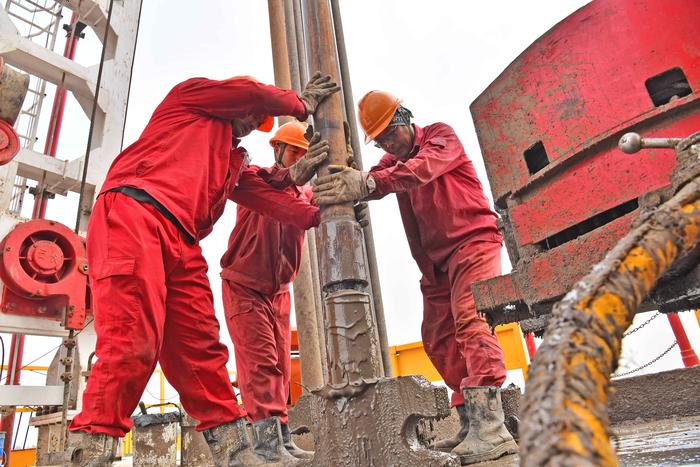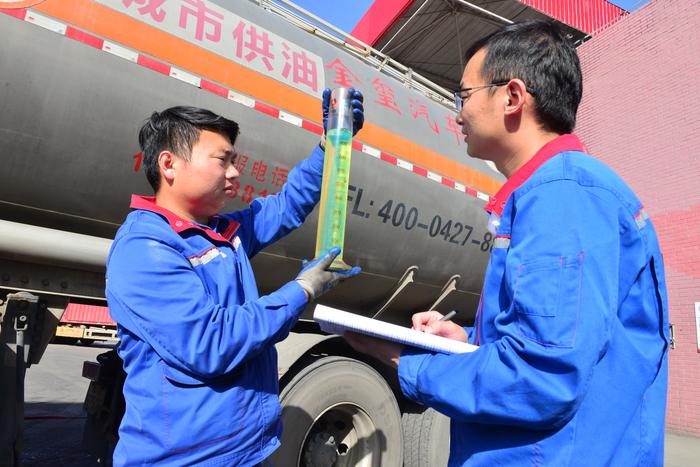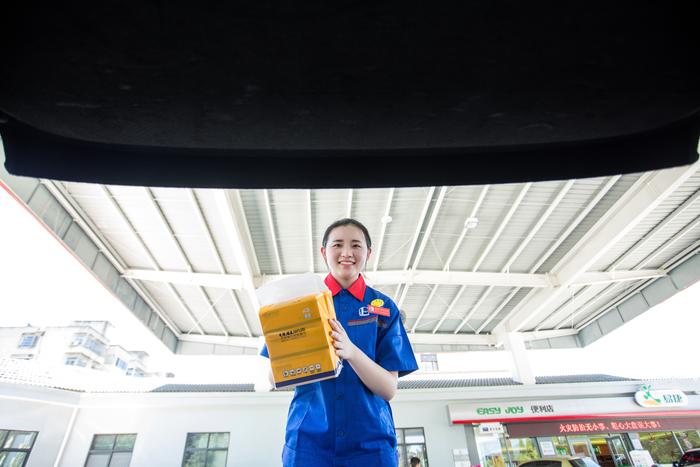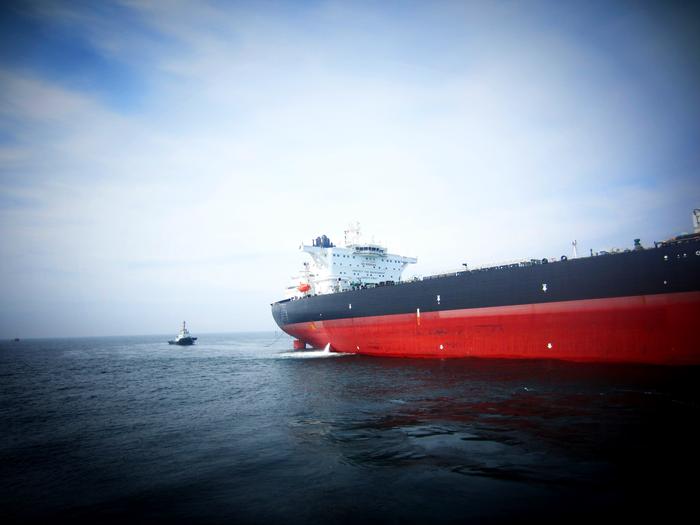|
| 2020-11-19 来源: 中国石化新闻网 |
| 石化新闻 |
中国石化新闻网讯 据油气新闻11月16日消息称,油气行业经常援引一项研究称,到2025年,数字转型将创造高达1.6万亿美元的油气价值。但是,与其他锁一样,你需要一把合适的钥匙。 边缘计算专家Stratus在白皮书中写道,对于石油和天然气来说,使用数字技术面临着独特的挑战,包括“在地理上分散的、通常是偏远的资产上应用解决方案”。报告指出,“卓越的运营始于运营边缘”,这通常是远程、分散资产的数据采集关键。 该论文指出:“运营商需要能够直接从远程设备收集实时数据并将其转换为可操作的信息。” 实时信息开辟了各种可能性,使运营商可以为正常活动设置基准,从而提前预测资产故障。但是,这需要强大的计算基础架构,Stratus称这在石油和天然气公司中通常是“不足的”。 Legacy IT基础设施和系统并不总是能够与工业4.0技术集成,因为它们是很久以前设计的,并不打算用于如此复杂的任务。Stratus指出,这可能会使IT团队不断打补丁和更新以实现可用性。虽然这在总体上对人力构成负担,但这也意味着作为数字化进程重要组成部分的IT团队将无法专注于真正能够“为未来的自动化操作转变IT资源”的任务。” 但最主要的弱点之一是缺乏标准计算系统的可靠性,这些系统通常运行关键任务的应用程序。计划外停机对运营商来说是一个重大问题,会浪费他们的时间、金钱,可能还会危及员工的安全。 Stratus写道:“设备的可用性,以及最大程度地减少计划外的停机时间,是油气工业4.0的投资重点。” 关键系统的可用性是油气行业平稳运行和提高效率的关键。 曹海斌 摘译自 油气新闻 原文如下: Digital can unlock $1.6 trillion of value for oil and gas, if you know how to use it The oil and gas industry frequently cites a piece of research which says that digital transformation could unlock up to $1.6 trillion in value for oil and gas by 2025. But as with any other lock, you need the right key. For oil and gas, there are unique challenges in using digital technologies, edge computing expert Stratus wrote in a whitepaper, including "applying solutions across geographically dispersed and often remote assets." It noted that "operational excellence begins at the operational edge," which is the point of data acquisition usually in remote, decentralised assets. "Operators need the ability to collect real-time data directly from remote equipment and convert it into actionable information," the paper noted. Real-time information opens up possibilities, allowing operators to set the base line for normal activity and therefore predict asset failure beforehand. However, this requires robust computing infrastructure, which Stratus said is often "insufficient" among oil and gas companies. Legacy IT infrastructure and systems are not always able to integrate with Industry 4.0 technology, since they were designed long ago and not intended for such complex tasks. Stratus noted that this could leave IT teams constantly patching and updating to enable availability. While this is a burden on manpower in general, it also means that IT teams, which are a vital part of the digitalisation process, would be unable to focus on tasks which actually have the ability to "transform the IT footprint for future-proof, automated operation." But one of the most integral weaknesses is a lack of reliability with standard computing systems, which often run mission critical applications. Unplanned downtime is a major issue for operators, costing them time, money, and possibly the safety of their employees. "Equipment availability, and conversely, minimizing unplanned downtime, are the top areas of investment and focus for Industry 4.0 in Oil & Gas," Stratus wrote. The availability of critical systems is key to smooth operations and higher efficiency in oil and gas. |








